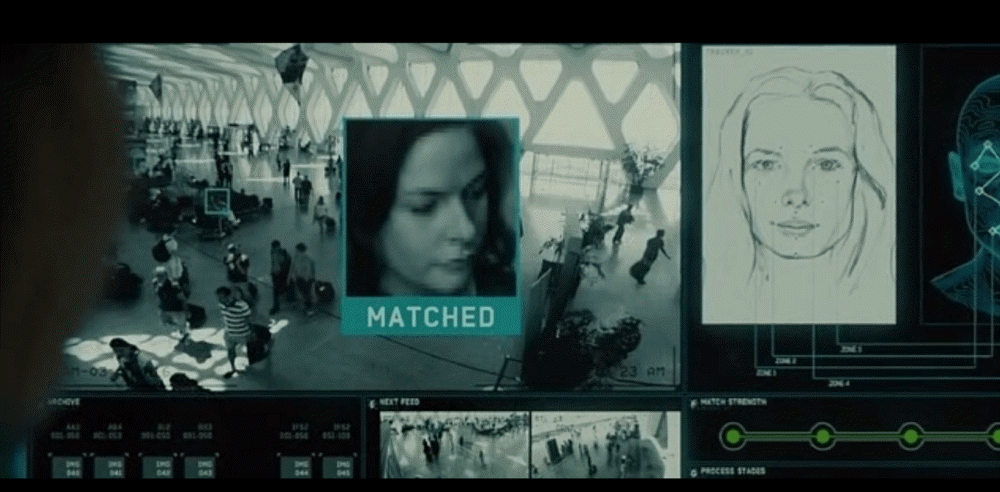
Recently, face authentication systems are being introduced in various places, such as a system that pays subway fares by face authentication or a system that performs payment processing by face authentication in school cafeterias, while privacy issues are also raised. Meanwhile, in the west bank of the Jordan River, located between Israel and Jordan, the Israeli military is said to be deploying a large-scale face authentication system to monitor Palestine.
Jordan’s West Bank has long been a site of intense conflict between Jews and Palestinians. Although occupied by Israel in 1967 during the Third Middle East War, there are still 2.7 million Palestinians living there. The Israeli military is pushing for the installation of face authentication systems and surveillance cameras in public places in the West Bank region, and is stepping up surveillance in Palestine.
According to Breaking the Silence (NGO) made up of veterans of the Israeli military, the Israeli military is introducing a face authentication system called Blue Wolf. Bluewolf says it combines a smartphone app with a database of personal information that allows you to take a picture of a Palestinian face on your mobile device and the app checks the database to tell you whether the person should be arrested, detained, or allowed to pass. A former soldier described Bluewolf as the Palestinian Facebook.
A former soldier said he was tasked with taking as many Palestinian photos as possible when patrolling Hebron, the largest city on the West Bank’s West Bank, in 2020. The soldier uploaded a picture through the Bluewolf app installed on his smartphone and demanded that both children and the elderly take pictures. Hundreds of photos taken by each unit were uploaded a week, and it was said that it was a contest format in which the unit that took the most photos was rewarded with vacation and other rewards.
Another former soldier says that non-military Israelis entering the West Bank are being offered another smartphone app called White Wolf. Non-military persons cannot detain Palestinians, but white wolves can scan Palestinian identification documents that go into construction work, etc. on Jewish transplants.
In addition to Bluewolf deployments, the Israeli military is stepping up its surveillance of Palestine using an extensive network of surveillance cameras called the Hebron Smart City. Surveillance cameras installed throughout Hebron are directed not only at public places but also at private Palestinian houses.
One Hebron resident has previously dealt with checkpoints, movement restrictions and frequent interrogations by Israeli forces, but claims that the last privacy is not being kept by surveillance cameras. He said that because the camera was always on the lookout, he couldn’t socialize more comfortably, and his relatives in the area didn’t even come to his house.
A Hebron human rights activist said the Israeli army is making life difficult and trying to bring in more settlers in the area, but in fact, some neighboring families have moved because they can’t stand the increased surveillance. The Israeli military said the installation of surveillance cameras is a daily security activity and is part of an effort to improve the quality of life of Palestinians living in Jordan’s West Bank.
Recently, large cities in the United States are in the process of banning the use of face authentication system by authorities one after another, and in Europe, there is a movement to regulate technology that bans the use of AI by law enforcement agencies, but Israel is taking the opposite path. Moreover, it is pointed out that even though there is opposition to the introduction of facial recognition cameras in public jalso in Israel, different standards are being applied in the occupied West Bank of Jordan.
The official points out that facial recognition systems in Jordan’s West Bank are another means of oppressing Palestinians, and that it is shameful that basic human rights are irrelevant when it comes to Palestine by the Israeli government and military, while surveillance and privacy are becoming global topics. Related information can be found here.

